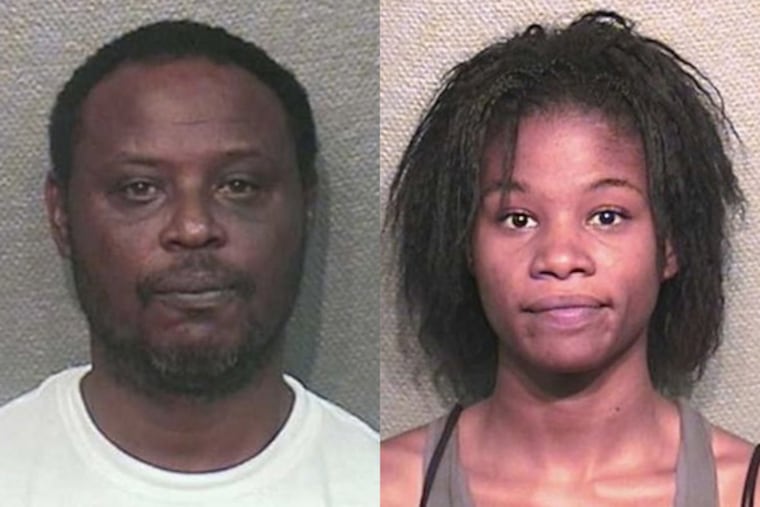Judge: Animal snuff films protected by 1st Amendment

Torturing animals and filming their painful deaths is an activity protected by the U.S. Constitution, according to a federal judge in Texas.
In an opinion issued this week, U.S. District Judge Sim Lake tossed out charges against a Houston couple accused of violating the federal "animal crush video" statute. Lake wrote that the law "abridges the freedom of speech protected by the First Amendment."
Ashley Nicole Richards and Brent Justice allegedly created and distributed violent sex fetish videos -- nimal snuff films -- that depicted the torture of puppies, kittens, rabbits, and other animals.
In one of the videos, Richards was seen torturing a pit bull puppy. According to the Houston Chronicle, Richards bound the puppy's mouth with tape, cut its back leg with a meat cleaver, slit its throat and severed the dog's head from its body.
Other videos purportedly show Richards crushing crawfish, crabs and lobsters under her bare feet or stilettos. According to the Houston Press, Richards allegedly stomped a kitten then ground her shoe heel into the animal's eye-socket.
After complaints from animal rights activists, Richards and Justice were arrested in August and charged with five counts of violating the animal crush video statute and two obscenity counts.
The statute, passed by Congress in 2010, outlawed "any photograph, motion picture, film, video or digital recording, or electronic image that: (1) depicts actual conduct in which one or more living non-human mammals, birds, reptiles, or amphibians is intentionally crushed, burned, drowned, suffocated, impaled, or otherwise subjected to serious bodily injury; and (2) is obscene."
The Richards and Justice case was the first prosecution under that statute. But in an opinion issued April 17, Judge Lake ruled that the law created "a criminal prohibition of alarming breadth" and that a ban on depictions of animal cruelty, for whatever reason, "was substantially overbroad and therefore unconstitutional under the First Amendment."
Lake wrote the statute could prohibit activities that did not qualify as animal cruelty — such as a depiction of "the humane slaughter of a stolen cow."
Lake let the obscenity charges stand.
Richards and Justice, allegedly made the videos between Feb. 2010 and Aug. 2012, according to court papers.
In his opinion, Lake concluded that the acts depicted in the videos were "disturbing and horrid."
But the federal animal crush video statute could not withstand "strict scrutiny and therefore abridges the freedom of speech protected by the First Amendment."
People for the Ethical Treatment of Animals expressed dismay with Lake's ruling.
"We read through the judge's ruling and we agree with one part of his statement: These are disturbing and horrid videos," said spokeswoman Stephanie Bell. "We of course are disappointed with the courts legal ruling. But we will be looking to the appellate court to overturn it.
"The new crush law was drafted to specifically to protect amimals from this type of heinous cruelty without violating free speech rights," Bell said. "And we believe that Congress and President Obama got it right and we're confident that the appeals court will put this case right back where it belongs, in the hands of the prosecutors."
Contact staff writer Sam Wood at 215-854-2796, samwoodiii or samwood@phillynews.com.